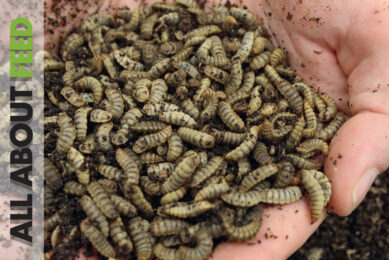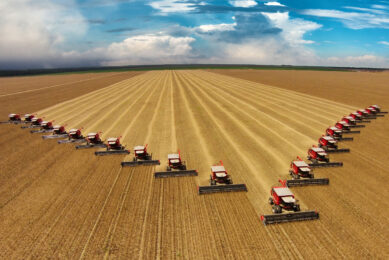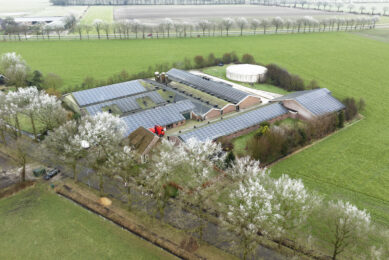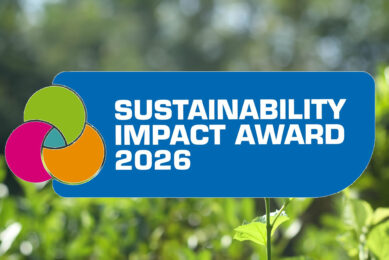Sustainability key in April edition of All About Feed
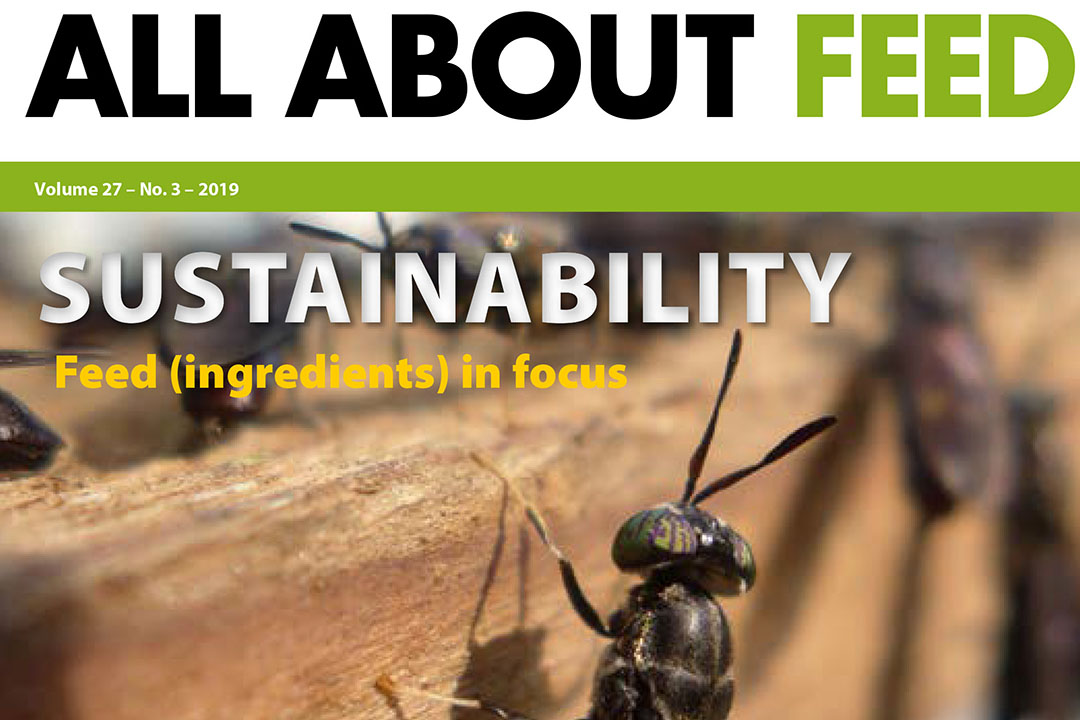
In the 3rd issue of All About Feed we delve into sustainability issues that face the animal feed industry. We take a look at the Feed Compass project and talked to insect researchers that did a life cycle assessment on insect farming.
LCA for Black Soldier Fly
The interest in using more sustainable feed ingredients is growing, fuelled by the environmental impact of soybean meal and fish meal. This has spurred the research and production of more sustainable feed ingredients such as insect meal. But what is the real difference between the old and the new protein sources for animal feed in terms of sustainability? A research team from the Netherlands, Germany and Switzerland have therefore carried out a so-called life cycle assessment (LCA) of food industry side streams transformation via Hermetia illucens (Black Soldier Fly, hereafter called BSF) into intermediate products applicable for feed and food purposes. One of the researchers that worked on the LCA is Dr Eric Schmitt from Protix. We talked to Eric to learn more.
Read the full story on page 26 of this issue.
The Feed Compass project
The second great initiative regarding sustainability that we highlight in this edition of All About Feed is the Feed Compass project that is developing calculation tools and guidelines that help companies choose future-fit (sustainable) animal feed that better suit their business. Greater transparency about the sustainability of feed ingredients helps build trust with consumers and this is the reason that large corporate food firms have an increased interest in looking more deeper into the food chain and want to know where the animal feed comes from and how it is produced. “Progressive companies that act on feed will be better positioned to create this trust. This can be done by improving current practice or by creating new innovative solutions,” Lesley Mitchell, project manager explains.
Read the full interview we had with Lesley on page 9 of this issue.

Tech Talk: Expert opinion on feed technology
In 2019, All About Feed started a new column with experts in the field of feed technology. Under the name Tech Talk, experts from around the world discuss the latest challenges and developments in feed processing and feed machinery. In this edition, we feature John Smillie, manager at the Canadian Feed Research Centre. Diet formulation is about precision – John addresses this. All ingredients have to be weighed and combined precisely in order to produce a homogenous product. Grains and oilseed meals can be managed with screw dosing systems. However, free-flowing powders will require additional mechanisms to prevent unwanted flow (e.g. baffles at the end of the dosing screw), while light, bulky ingredients will need more persuasion to keep them moving (e.g. live bottom bins or vibratory systems).
Read John’s full column on page 34 of this issue.
Also in this issue:
- Training piglets to grow from the start
- New: The World Mycotoxin Forum goes to Asia
- Biotrof: a pioneering feed company in Russia
- Update on the feed phosphate market
- The global mycotoxin situation
- ASF and use of plasma in feed
To read all the articles in this issue for free, go to the magazine overview page and sign up with your current website login. Not a login yet? it only takes a few minutes. Click here to make one.




